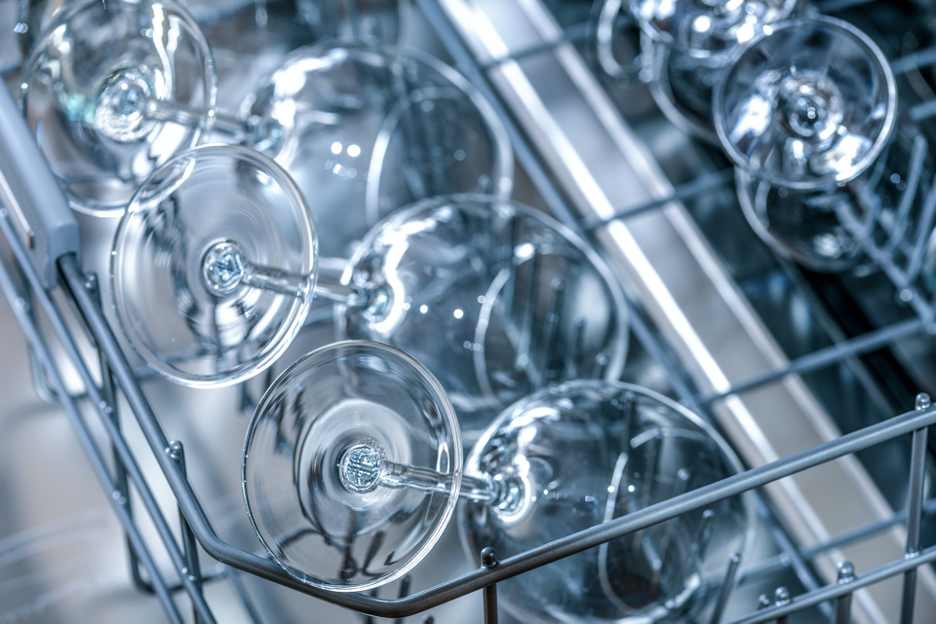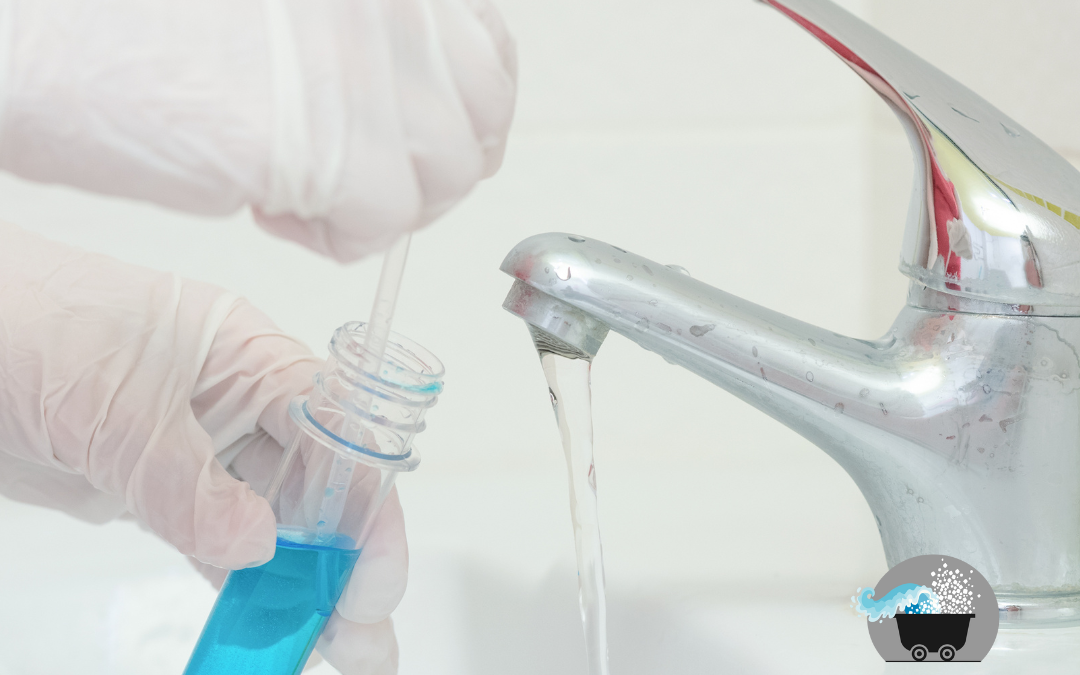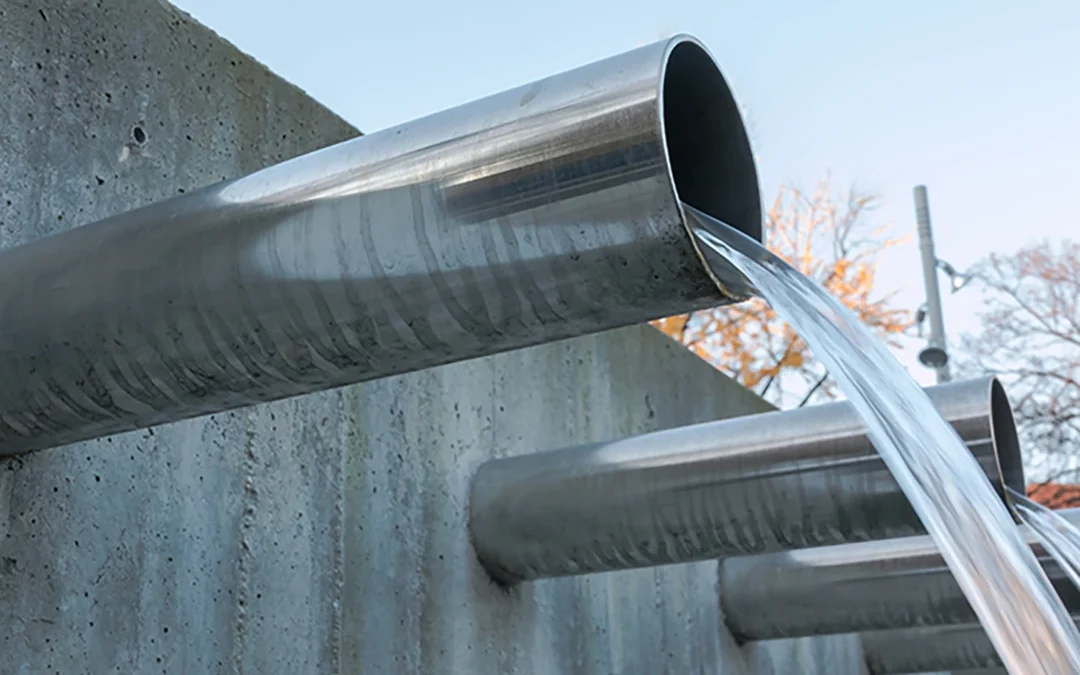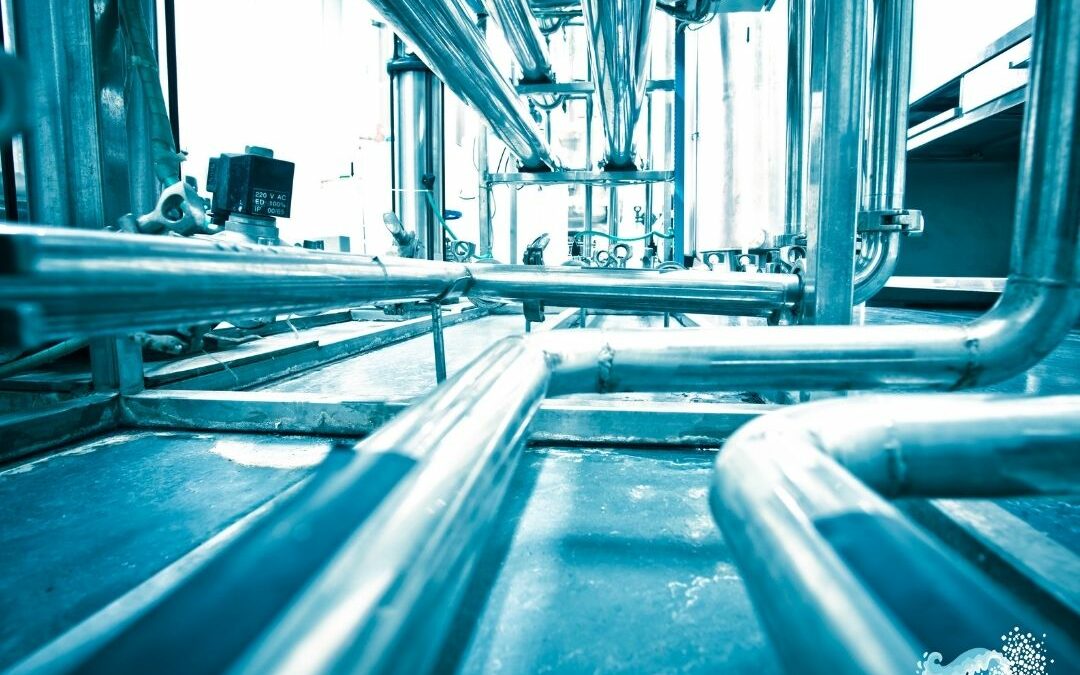Choosing to invest in a home water softener is a smart decision if you live in an area that is known for hard water. And, for California residents, that includes the majority of the population!
Not all residential or commercial water softeners are created equal, however. Some are more expensive than others, some last longer, and others are more environmentally friendly. Let’s take a look at the pros and cons of a very popular option: salt-based water softeners.
Benefits of a water softener
If you’ve lived or worked with hard water for any length of time, you’ve likely noticed all the negative effects it leaves behind. Things like soap scum, hard water stains, and mineral buildup in pipes and on fixtures.
In contrast, salt-based water softeners supply your home or business with a ready supply of soft water. Here are some of the most common benefits you’ll enjoy:
- More efficient water-using appliances – Without the mineral buildup that hard water leaves behind, your dishwasher, washing machine, and other water-using appliances will last longer and use less energy.
- Clothes and sheets that are cleaner and look brighter – The effects of hard water on linens are most noticeable on whites and light colored items. Soap buildup leaves them looking dull and wearing out more quickly. With soft water, on the other hand, your wardrobe and bed linens stay bright and last longer.
- Money savings on soaps and detergents – It’s no secret that salt-based water softeners can help reduce soap usage. That means less money wasted on cleaning supplies, shampoo, dish soap, and more.
Disadvantages of salt-based water softeners
Living with soft water vs. hard water is definitely a plus, but that doesn’t mean that salt-based water softeners are perfect. On the contrary … they actually come with some pretty serious environmental effects that have even caused some localities to ban their use altogether. These include:
- Increased water usage – Salt-based water softeners can use more than 35 gallons of water each time they go through a regeneration cycle. Depending on overall water usage, that could happen very frequently … a downside for people or businesses paying for municipal water or living in drought-stricken areas.
- Salt pollution – During regeneration, salt-based water softeners discharge large amounts of salt into your home’s septic system or municipal sewer. Over time, this salt pollution contaminates groundwater, drinking water, and soil, affecting agriculture and people all along the way.
An environmentally-friendly alternative to salt-based water softeners
Fortunately, there IS a way that you can enjoy all the benefits that soft water has to offer. And, at the same time, you can avoid the negative environmental effects caused by salt-based water softeners. How? Simply add the Salt Miner onto your existing softener.
The Salt Miner ‘mines’ the salt from the softener’s wastewater brine and collects it for proper disposal. This keeps it from ever polluting groundwater, drinking water, or soil in the first place. The Salt Miner is a smart solution because it allows you to keep your existing softener and saves money by preventing salt pollution at its source.
Looking for the most environmentally-friendly water softening solution? Contact us today!





